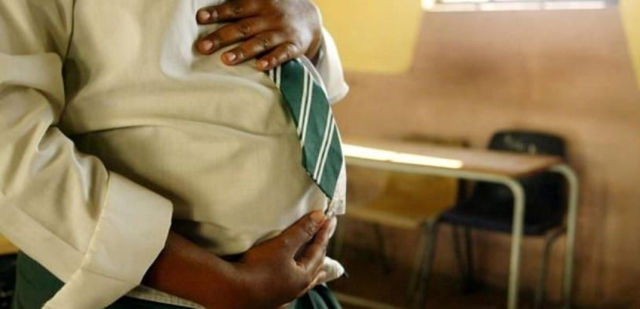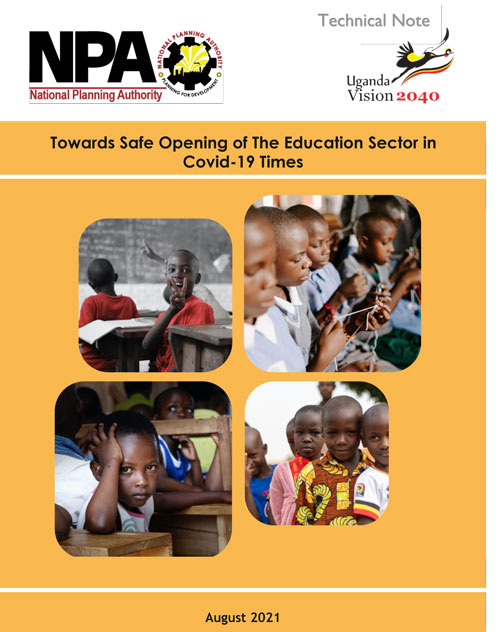
Kampala, Uganda | THE INDEPENDENT | A recent National Planning Authority (NPA) report on the re-opening of schools “Towards Safe Opening of The Education Sector in Covid-19 Times” indicates up to 30% of learners might fail to return.
Whereas the report released in August acknowledged that worldwide, school closures have been justified for mitigating Covid-19 spread, and in Uganda, the lives 15 million learners were saved from infection, the impact of the loss of two academic years will be felt immediately.
“Prolonged school lockdown has led to 51% of learners across the entire education system to stop learning, majority (60%) of these being from the primary subsector. Approximately 30% of learners are projected not to return to school forever due to teenage pregnancies, early marriages, and child labour,” the report stated.

Additionally, about 3,507 primary and 832 secondary schools are likely to close due to financial distress.
The report recommends that the Covid-19 risk for reopening schools is lower if phased starting with tertiary, then secondary and primary simultaneously. This is on condition that all teachers (approx. 550,000), and learners who are18 years and above (approx. 650,000) are vaccinated, and that unvaccinated children particularly those who attend boarding schools are tested on return to school.
The report also recommended that learners be automatically promoted to the next grade to avoid a system clog.
“Daily tests and unwarranted assessment of learners should be suspended; the curriculum should be condensed across the entire education sector (save for medical courses) to only focus on the core curriculum knowledge and skills; Saturdays should be added to school days for purposes of learning recovery; and school holidays should be made shorter.”
 The Independent Uganda: You get the Truth we Pay the Price
The Independent Uganda: You get the Truth we Pay the Price


